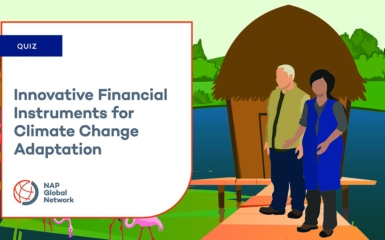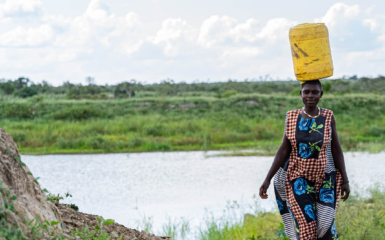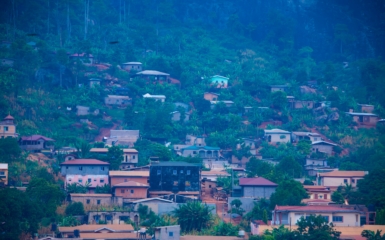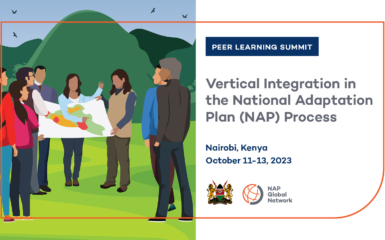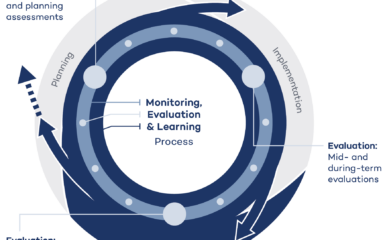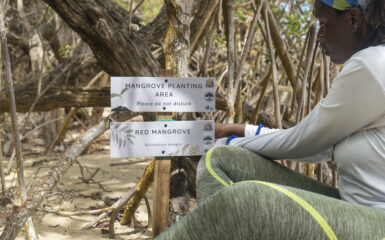Adverse impacts of climate change have become pervasive and increasingly evident across the different agroecological zones of Ghana. Key climate-sensitive sectors, such as agriculture, fisheries, health, forestry, water resources, and many more, have become particularly vulnerable. The variety of ecologies and diversity of livelihoods mean that climate impacts are not homogeneous; they are place-specific, impacting […]
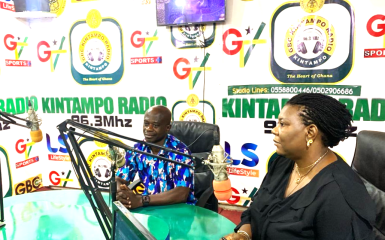
Knowledge Building for Sub-National Adaptation Governance: Transitional learning innovations in Ghana’s NAP Process
Robert (Bob) Manteaw (PhD) and Antwi-Boasiako Amoah (PhD)
